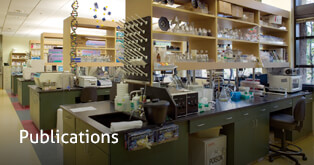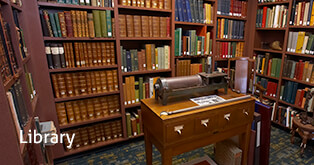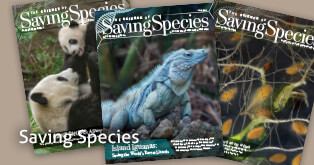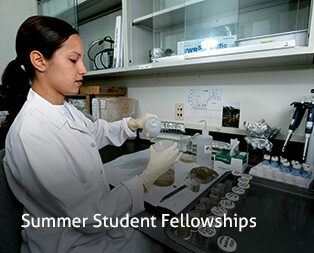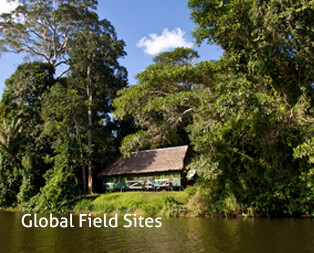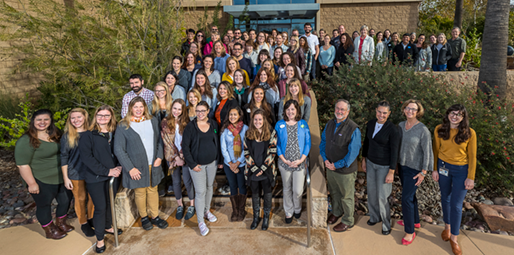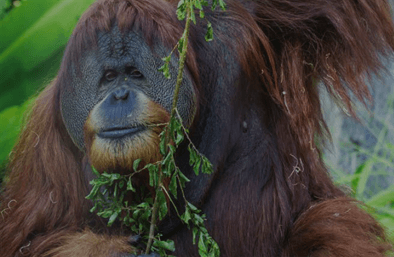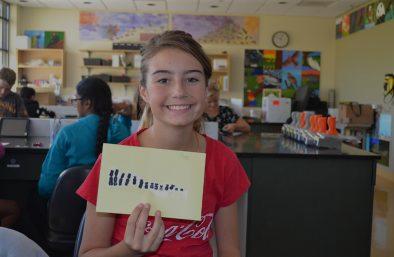A feat of archiving
Archives are essential. Without archives, it would be like starting over each day with no knowledge of what you had discovered the day before! In Disease Investigations, each animal creates a lasting legacy through samples we collect at necropsy. The tissues collected and preserved are then studied and analyzed to improve the health of the wildlife in our care. Keeping these inventories is an insurance policy against unexpected health problems by providing the foundation of disease investigation.
In 2019, Disease Investigations received a large archive from the late Kurt Benirschke, M.D., who began the conservation science department of San Diego Zoo Global (most recently the San Diego Zoo Institute for Conservation Research). This archive consists of 2,586 slides and 900 blocks of wax-embedded tissue, accompanied by an entire filing cabinet FULL of paperwork. It took me and my colleagues months of sorting through the materials to match blocks to slides, identify and label the materials, neatly arrange them for easy access, update the paperwork, and enter everything into a spreadsheet. Why spend the time doing all that?
Over the course of his career, Dr. Benirschke assembled this archive of placental histology slides and blocks from a wide variety of animals. Did you know that there are different types of placentas? Dr. Benirschke put in the work to help facilitate research on comparative placental morphology, physiology, and evolution. This is a tremendous resource that is valuable not only to researchers, but also to physicians and veterinary pathologists. And to let it sit in a dusty corner, unattended, would have been detrimental to the legacy of Dr. Benirschke. Instead, Disease Investigations now has a Placental Histology Archive that has already been used for research and training, and the archive is maintained for future projects.
When the opportunity presents itself to unlock the wonderful information in archives, with a bit of time and patience, a beautiful gem of knowledge can be easily uncovered.

